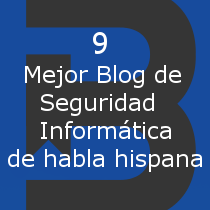Continuing with the previous posts where we talked about the most common forms of identity theft on the internet, and having specified the usual modus operandi from the beginning to the end, we have not come to the end to…
Ricardo Martin
Continuing with the previous post where the typical identity impersonation behaviors are identified, and once we have identified the legal basis that recognizes criminal type based on article 248.1 LO 10/1995 of the Criminal Code, Operandi usually follows the offense…
To continue with the list of the most habitual behaviors that can lead to criminal offense, and continuing in the line of Phishing and Farming, as third variety we must not fail to include the following behavior that also has…
There are now several practices related to The impersonation by computer means that have been classified as criminal behavior in the current criminal code 10/1995 specifically all of them will be related to the criminal type included in article 248.1…
The stalking offense is born to give a punishable legal response to those behaviors that, although they have no legal reserve in the criminal type of harassment or threat, but nonetheless, are completely illegitimate behaviors, in In any case, since…
In this post we will summarize the resolution 238/2014 of the criminal court No. 4 Alcalá de Henares where the Prosecutor launches the accusation in the following terms:Discovery of secrets (article 197-2 of the Criminal Code.)Between 17 and 28 August…












